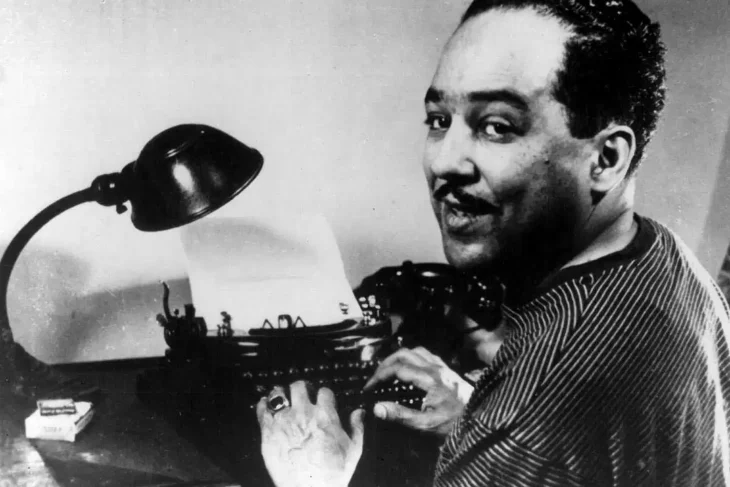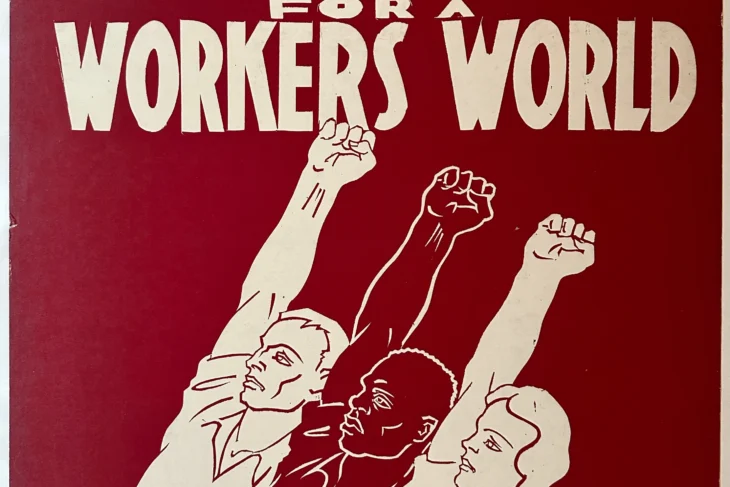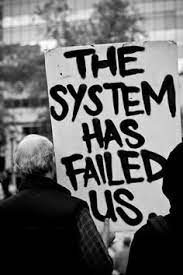
What makes for a good citizen? Is it one’s cultural connection or maybe one’s involvement in community work and empowerment? To whom do we ascribe the coveted title of “good citizen”?
For many it will be both a cultural awareness and community-based participation, as well as having specific political affiliations and ethnic identifications.
While these obvious markers do play very important roles in determining how we define our relationship to our place of residence, it may be beneficial to pause and consider citizenship within a broader perspective beyond that of nationalistic support. The citizenry of any country is the single most essential contributing unit towards its achieving sustainable development. A good citizen is more impactful than the government and it is from the activism and engagement of its citizens that a government derives its agenda and sets its priorities for policy making.
However, the mobilization of its citizenry must be predicated on a common vision or cause behind which a country stands — a vision that is nurtured throughout the educational system from grassroots level right through to tertiary institutions. For citizenship to be a true catalyst for advancement and the security of a nation it must be grounded in a foundational concept of the shared humanity of all peoples across nationality, ethnicity, religion, socio-economic strata, educational achievements and/or gender and sexual orientation.
We must see this commonality of our inherent humanness as the real magnet that has the capacity and power to bring people together, not inspite of their differences but because of them, because our diversity along the spectrum of the human race is at once our greatest strength for achieving unity of purpose while also providing the means for challenging us beyond our comfortable modes of functioning.
First understanding, then embracing, followed by promoting the scientific and spiritual reality that we are one people occupying a common homeland, Earth, with limited resources, is the most efficacious approach for urgently addressing the myriad problems facing us within our respective countries, as well as across the planet as a global community.
For small nation states such as ours in the Caribbean, moulding good citizens needs to be viewed as among the chief responsibilities and priorities of the individual, institutions —families, faith-based organizations, schools, the media, government — and communities, if we are to move beyond a state of settling for mere survival and instead thrive through the release of the latent potential within each person. Therefore, by raising our vision beyond the day-to-day experiences within the vulnerable man-made borders of our specific countries to include the image of an inter-connected whole (the world), whereby the crises and victories of the individual sub-units (each country) are organically brought to bear upon all, we can begin to gradually move from a competitive stance that pits weaker against stronger, to forging mutually collaborative relationships for the betterment of the world.
Inculcating an internal belief in world citizenship as the precursor for shaping good citizens will require moral courage, genuine hopefulness and vigorous commitment at both the micro and macro levels of society, over several generations.
This is necessary if we are to inform policies between ourselves as island nations, and across the globe, that promote respectful and just interactions, fair trade tariffs, upholding of human rights — especially for our girl children and women — and that actively harness and acknowledge the intellectual capacities of every individual, particularly our most marginalized like the disabled, senior citizens, women and persons of African descent.
As island states, we are too small and insignificant in the overall scheme of the universe to stand alone, isolated and blinded by the narrow prejudice of nationalism. If we expect to raise our voices and assume a meaningful and lasting place at the international consultative table, then, as a Caribbean people with a rich heritage of diverse intellectual talents, artistic gifts, linguistic skills, genetic beauty, emotional and mental steadfastness, as well as physical endurance and spiritual power, our future well-being and progress are dependent on just how successful we can step inside the circle of unity.
To date our connections with each other have been dominated by our nationalistic identities be they Jamaican, Barbadian, Grenadian, Dominican etcetera but, to move within the natural circle of life we must now seek to first and foremost walk together as members of one race, the human race, serving each other from a place that elevates one and all. Together we are stronger and best positioned to advance justice and equity for our regional family and, in doing so, inspire and support the same for other members of our global family who are also subject to social oppression.
World citizenship does not call for an abandoning of one’s love of country and a denial of the unique contributions of its citizens, quite the opposite. The lens of a global citizen celebrates inclusivity and offers an evolved thinking in how to foster problem solving at the national, regional, continental and international levels, utilizing a range of resources, both human and material, that is fuelled by the enthusiasm of the masses because of their commitment to something bigger than the individual and country — that is, seeing themselves as citizens of one world and the builders of a just and prosperous ever-advancing world civilization.
If we are to tap into, release and effectively channel the immense resources — moral, creative, human, technical, and financial — at our disposal for the laborious and sacrificial tasks required for the sustainable development of the region, then it is being proposed that this will best be achieved when we, as Caribbean people, can cultivate a profound sense of trusteeship for the fate of the planet and the protection and welfare of the entire human family.
When we can give a regional salute to the ethic of the oneness of humanity, not to be confused with a stifling uniformity but rather an honouring of the principle of unity in diversity, then and only then can we seriously begin to address sustainable development for our people.
After millennia of pursuing an immature and selfish focus on what would benefit one group of citizens over another, in nations across the globe, what do we have to lose in reconsidering our options to give mutual reciprocity, compassion, truthfulness, the promotion of human nobility, and gender and racial equality a chance? Our historical course of actions has brought us to this juncture in time where we assign value and worth to our brothers and sisters based on their sex and the levels of melanin deposits inherited at conception, or based on the level of wealth amassed, be it by ill-gotten means or not.
These scales of artificial measurement along with religious prejudice have been the underpinning pillars for the enslavement, wars, economic disenfranchisement and dishonouring of various ethnic groups, all of which have retarded the comprehensive prosperity of all peoples. To give sustainable development a real shot at becoming a reality, not just for the Caribbean but for the entire international community, accepting world citizenship, based on our oneness as a human race, must be seen as the key to our success and the security of our peoples. DeMario Davis Womens Jersey



